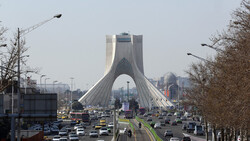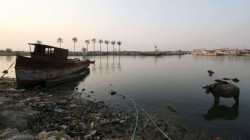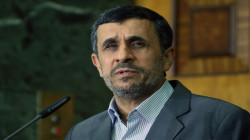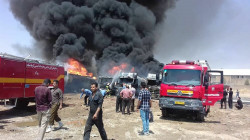Iran's Ilam produces over one million tons of agricultural products, despite soil erosion
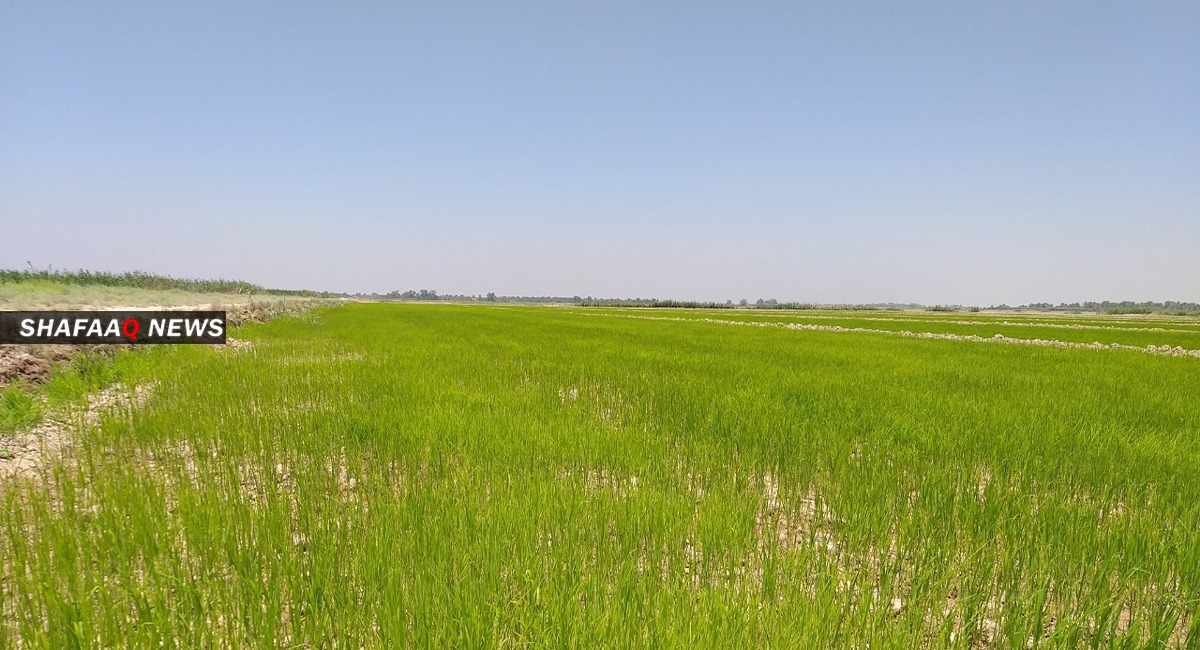
Shafaq News/ Ilam Province, in western Iran, produces over 1 million tons of agricultural products each year, despite soil erosion that is twice as severe as the national average.
Hashmat Azizian, the head of the agricultural Jihad organization in Ilam, said in an interview with the Mehr news agency that the province has about 1,344,000 hectares of arable land, of which about 480,000 hectares are irrigated.
He said that soil erosion is one of the threats to this valuable area of the province, and that it is about twice as severe as soil erosion in Iran overall.
Azizian said that the production of over one million tons of agricultural products each year in Ilam is directly related to the quality of the soil.
"The soil in Ilam is very fertile," he said. "It is rich in nutrients and water retention. This allows us to produce a wide variety of crops, including wheat, barley, rice, fruits, and vegetables."
Azizian said that the province is taking steps to address soil erosion, including planting trees and shrubs to stabilize the soil, and using conservation tillage practices to reduce erosion.
"We are also working to educate farmers about the importance of soil conservation," he said. "We want them to understand that the quality of the soil is essential to the future of our agriculture."
Soil erosion is a major problem in Iran, and it is particularly severe in the Zagros Mountains, where Ilam is located. The mountains are prone to landslides and other forms of erosion, and the region is also subject to heavy rains and flooding.
The erosion of agricultural land is a major threat to food security in Iran. Government research bodies said that annual rate of soil degradation in Iran is sevenfold higher than the global average. The studies showed that soil formation process in the country is much slower than in other parts of the world due to its geological formations.
